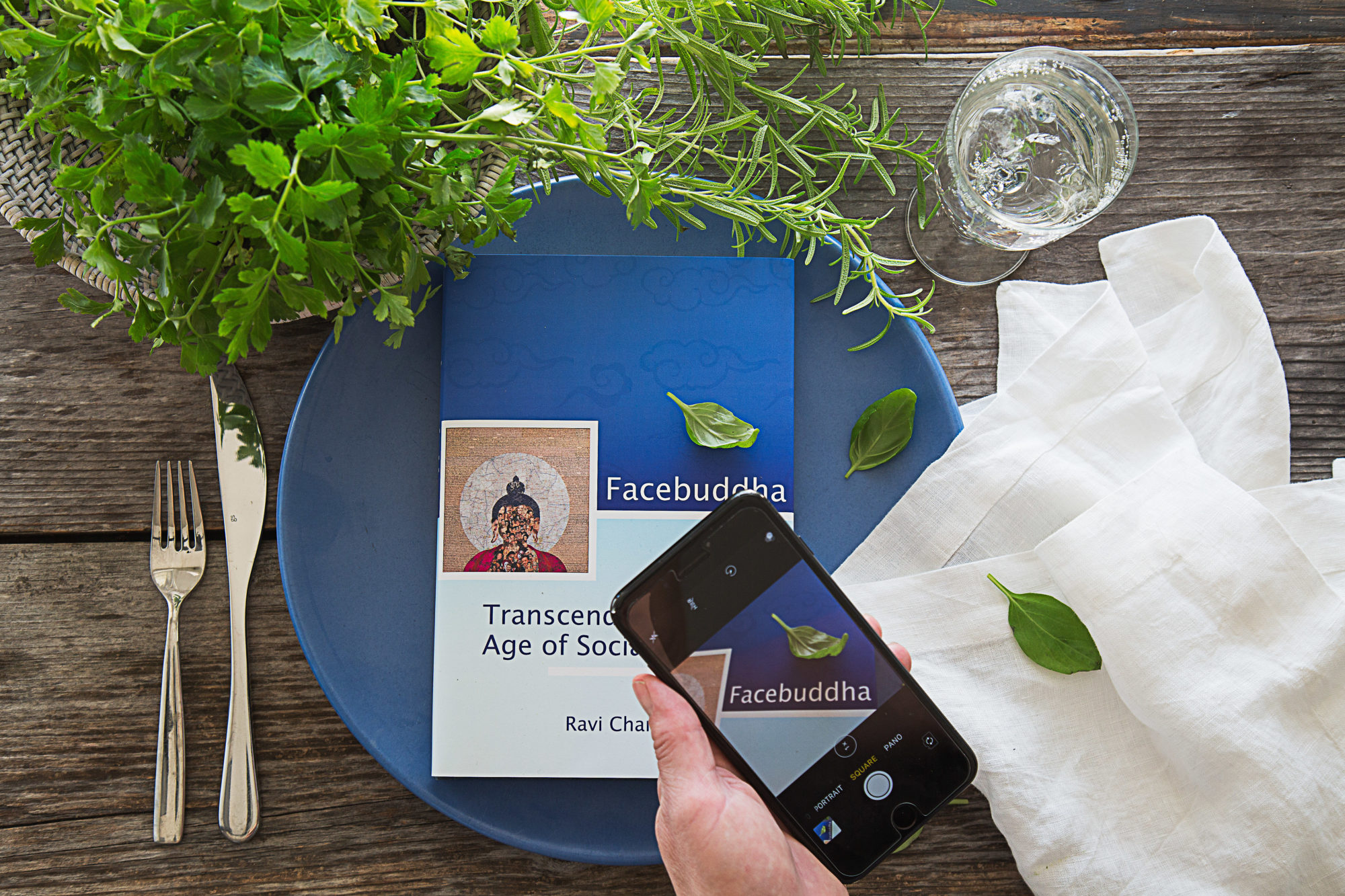Happy Holidays!
I’ve just lowered the price of the Facebuddha ebook to 99 cents on all platforms. The sale price will be good until January 17th! Please share with all your networks! I’m trying to generate buzz and hopefully some more reviews on Amazon and/or Goodreads! I just got my first 5 star review on Amazon – from someone I don’t even personally know 🙂 I also got a great review on Clinical Psychiatry News! It feels good that my book is doing some good in the world – I hope it will inform, entertain and please you as well. (And please do post a review after you’ve read Facebuddha – thanks!)
Purchase book!!
Amazon Kindle ebook and Hardcover
iBooks
Nook
Kobo
Barnes and Noble Hardcover
IndieBound
I also started a podcast – currently four episodes are up.
(1) an interview with playwright Kim Chinh (Reclaiming Vietnam) ;
(2) my conversation with psychiatrist and former ED of the S.F. Jung Institute F.B. Steele;
(3) in conversation with therapists and college students at SFSU
(4) in conversation with award-winning journalist Bernice Yeung.
You can stream these podcasts on Stitcher, Soundcloud and iTunes.
++++++++
Some thoughts on social media
Former Facebook insiders are raising red flags about the world’s largest social network. Chamath Palihapitiya, Facebook’s former vice president for user growth, recently said “we have created tools that are ripping apart the social fabric of how society works.” He advised that people take a “hard break” from social media. His comments echoed Facebook founding president Sean Parker, who said social media provides a “social validation feedback loop (‘a little dopamine hit…because someone liked or commented on a photo or a post’) that’s exactly the thing a hacker like myself would come up with because you’re exploiting a vulnerability in human psychology.” Palihapitiya concluded “you are being programmed.”
Are these fears overblown? What is social media doing to us as individuals and as a society? With over 70% of American teens and adults on Facebook, and over 1.2 billion users visiting the site daily, with the average person spending over 90 minutes a day on all social media platforms combined, it’s vital that we gain wisdom about the social media genie – because it’s not going back into the bottle. Our wish to connect with others and express ourselves may indeed come with unwanted side effects.
Facebook “addiction” (yes, there’s a scale for this) looks similar on MRI scan in some ways to substance abuse and gambling addictions (specifically in amygdala-striatal activation). Some even go to extremes to chase the highs of likes and followers. 26 year old Wu Yongning recently fell to his death in pursuit of selfies precariously taken atop skyscrapers. This tragedy illuminates both the thrilling peaks of popularity we all can feel when gratified with likes, shares and comments, and the horrendous chasms that await us when we feel unheard, unseen or even bullied online. One chasm we face is envy. Psychology Today devoted its November/December 2017 cover story to online social comparison. Envy is nothing if not corrosive of the social fabric, turning friendship into rivalry, hostility and grudges. The medium is the message, and social media tugs at us to view each other’s “highlight reels,” and all too often, we feel ourselves lacking by comparison. This can be fuel for personal growth, if we can turn envy into admiration, inspiration and self-compassion, but is often cause for dissatisfaction with oneself and others.
Also…
Ta-Nehisi Coates just deleted his Twitter account …. and I know other prominent people who have deactivated their social media accounts…. What will you choose to do in the New Year?
+++++
Read Facebuddha to explore these issues in depth!
Warmly,
Ravi
